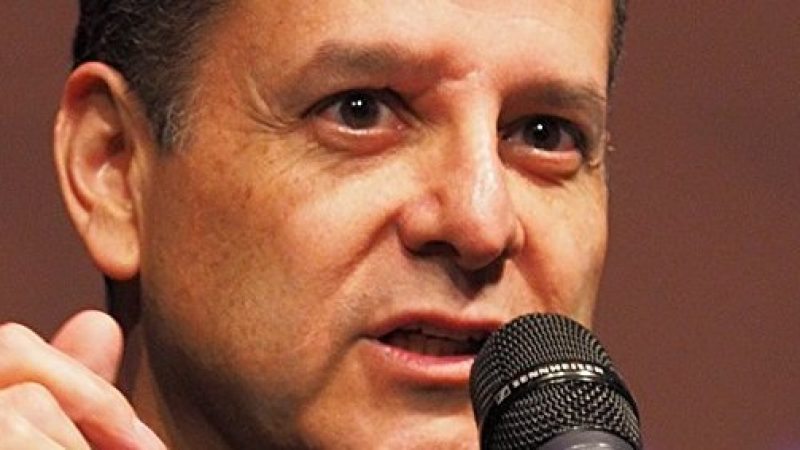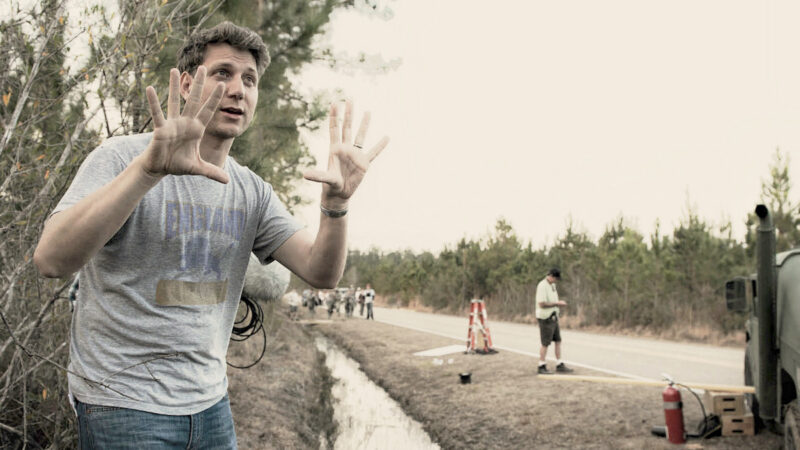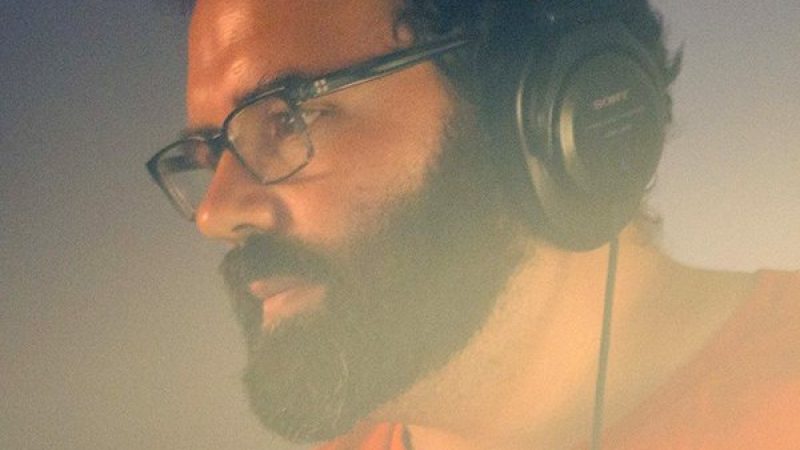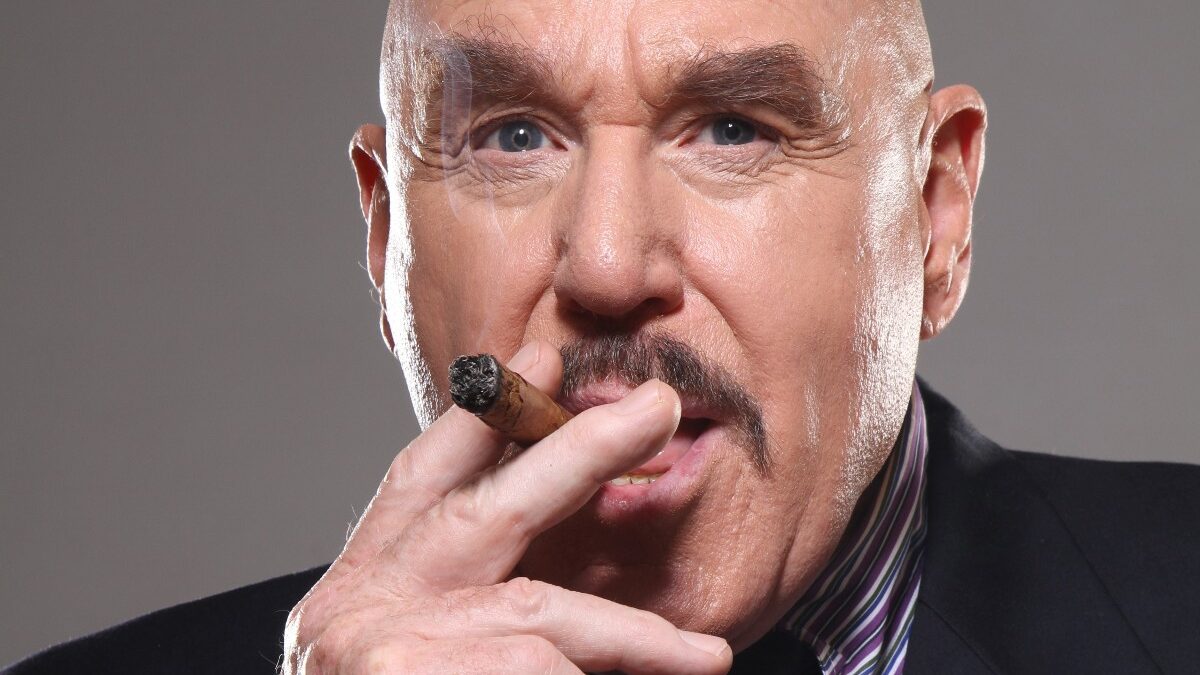
Roger Ward began acting as a child and was considered to be an entertainer from a very early age. “I performed in my first play at the age of 12. This was of course an amateur production. I continued acting and performing in comedy routines, singing, impersonating the stars of the day, and also taking classes in dance”, says Roger Ward.
Roger then joined the prestigious Adelaide Repertory Theatre and remained with them, in various productions until the age of 16. “I left to join a group with performers of my own age, named The Younger Theatre Group. Around the same time, I was approached by the Australian Broadcasting Commissions to perform educational plays for broadcast to schools”, says Roger. This was a professional position and he accepted it gratefully. At that time there was no Television in Australia and certainly hardly any film production yet.
Watch Quentin Tarantino talk about Australian Actor Roger Ward
indieactivity: Did you study acting?
Roger Ward (RW): I did study every aspect of theatre, as I said above, dance, comedy timing, and worked in many productions with older and experienced players on stage and in radio and learned, as an apprentice so to speak, on the job.
Although when a group of teachers who had studied at the Royal Academy of Dramatic Art in England opened a studio in Adelaide I joined and studied under them. As a footnote, I must add that years later I too joined the Australian education system and became a teacher of dramatic art in schools. I also taught at various modeling agencies and also on a private basis from home, but that was to be years hence.
Although I think the basis for my future success was the privilege of meeting Marlon Brando socially and then observing his work during my time living and working in Tahiti in the early sixties.
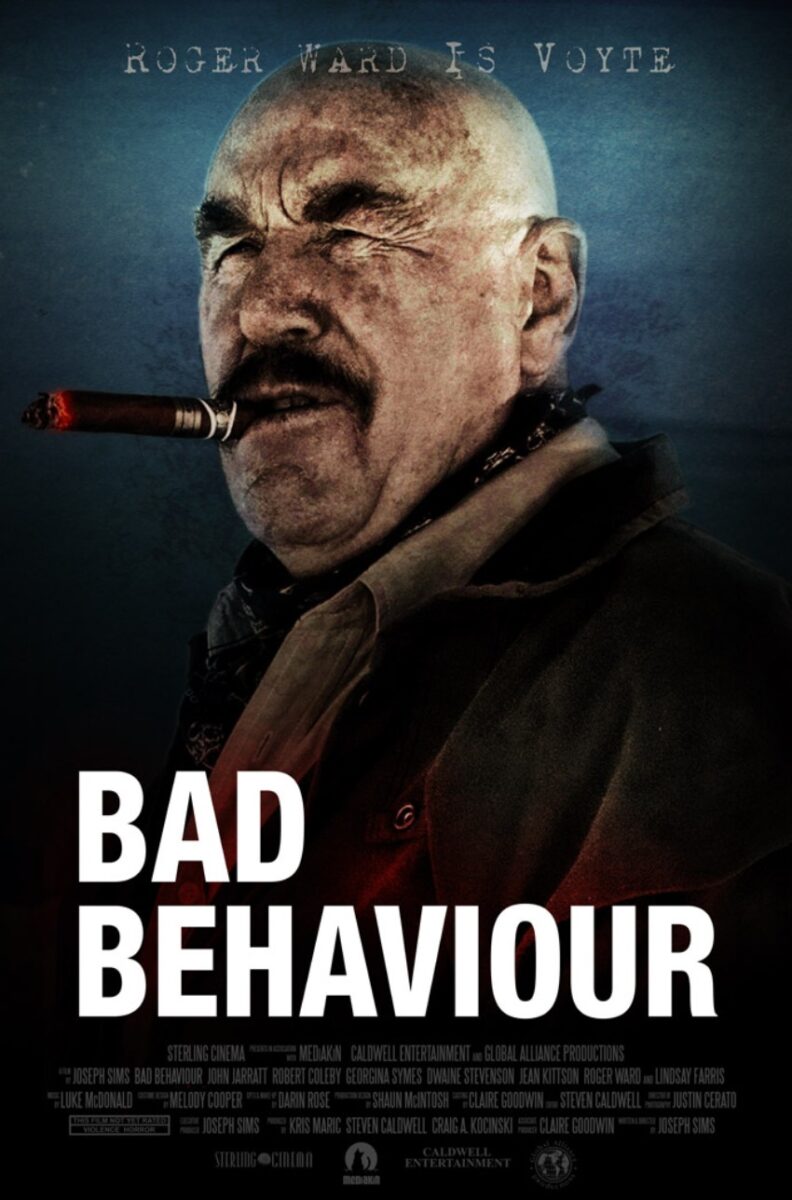
What acting technique do you use?
RW: I was always interested in Stanislavski’s The Method and in fact, Brando gave me a very battered copy of one of his books on technique, and later, I took lessons with Stella Adler, who had taught Brando. I also studied under Bryan Siron, who had been Adler’s assistant in New York and I also worked under a director named Hayes Gordon who was an American who insisted on using the Method.
But my true thoughts are, an actor cannot be made, he has to be born with the desire and the ability, and this ability can be brought forward with the study but cannot make an actor from one without the need or the ability, to begin with. I have now lived a full enough life to be able to draw on my own experiences to recreate any emotion or situation. It is still the method, but it comes instinctively, without thought, or strain..
Do you take courses to improve your craft?
RW: As mentioned I continued with class until I began to teach.
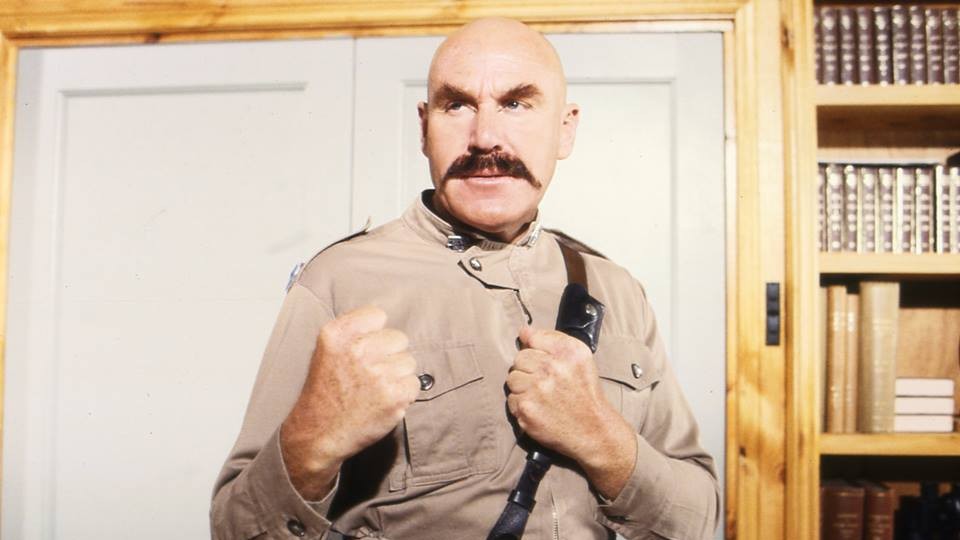
What acting books do you read?
RW: I don’t read much about the art of acting, as mentioned previously I read a book on the Method by Stanislavski, but I feel students can theorize too much. Go out, live a life and bring those experiences to the stage or screen. But no matter what you do or read, an actor cannot be made. He has to be born.
How do you keep fit as an actor: mentally, and physically?
RW: I train at the gymnasium three times a week. I create situations at home with my wife or others, exercising my dramatic qualities, creating situations and working through them. I read extensively. Mostly biographies and documented work. Especially true war stories.
How do you prepare for a role when you get it?
RW: Firstly I visualize the character. His dress. His demeanor. His way of speaking. Then I learn the lines and go over them in the privacy of my office, alone. Later I will go over them with my wife playing the other characters. But I never totally know my lines, I step on set with a slight fear of not knowing, which brings a sense of spontaneity to the work as if, as in real dialogue, they were created at that moment.
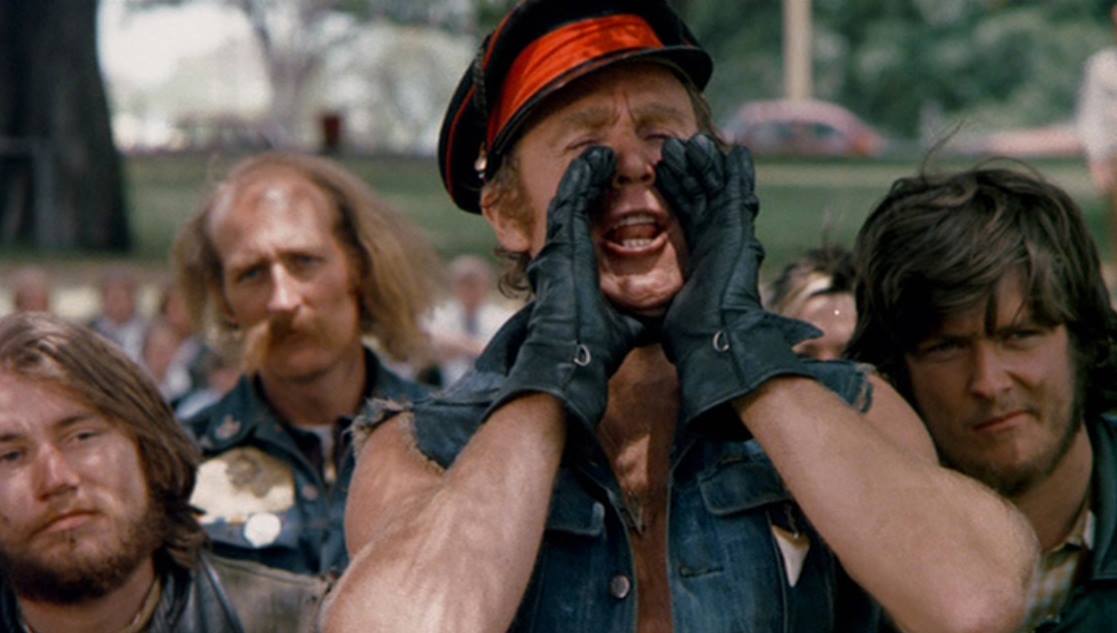
Explain one creative choice you made the onset of a production?
RW: I once played a father who raped his 15-year-old daughter. The girl was in real life, a precocious 15-year-old who had never acted in her life and did not, from what I could see, show much promise. However she was allowed certain liberties by the all-female crew which gave her a false sense of worth and with the rape scene coming up, I began to prepare for the emotional scene.
It was while doing this, the female director told me that the girl was not taking the upcoming scene seriously and would I do my best to frighten her into a performance. I went on set and could not see the girl so asked where she was and the crew pointed up to indicate the girl had climbed a ladder and was looking through the viewfinder of a camera mounted above the bed, she was ranting on about what a great shot it would be and making fun of the moment.
I immediately roared. ‘What the hell are you doing up there. Get down immediately. As she climbed reluctantly down I reprimanded her, telling her it was taboo for actors to look through the lens unless invited to by the camera operator. “Get on this bed and be prepared to go through the motions of being raped,” I yelled, and as she climbed onto it, her bottom lip trembling, I continued.
With a long illustrious career as an actor, watch the clip of Roger Ward films
“I may scream during this scene, I may cry, and I may even appear as if I’m enjoying it, but believe me going through those emotions because of you will be the hardest thing I’ve ever done.’ As the girl broke into uncontrollable and hysterical crying and cringed in fear as I approached, I nodded to the Director and she quietly said. ‘Action’.
Describe a memorable character you played?
RW: I have played many memorable roles, a lot of them acclaimed by viewers around the world, which is a nice resolve, but probably the most famous and the one talked about the most, is Fifi McAffee Max’s cigar chewing bald headed boss in Mad Max. 1970
What do you want most froma director?
RW: Direction, I need it and relish it, as it is a buffer between being over the top and giving a subtle performance. Although often a director will let me go ahead with my version, without interruption, as he does not feel the need to use any input from himself.
I have done, over the years, but when I began to teach, I studied even more so in order to pass that knowledge on, so by being a teacher, I became a much learned actor. I am now in a position to evaluate my own performance and if it is on film or television, I will ask for another take if I feel my performance was distracted or not as truthful as I intended.
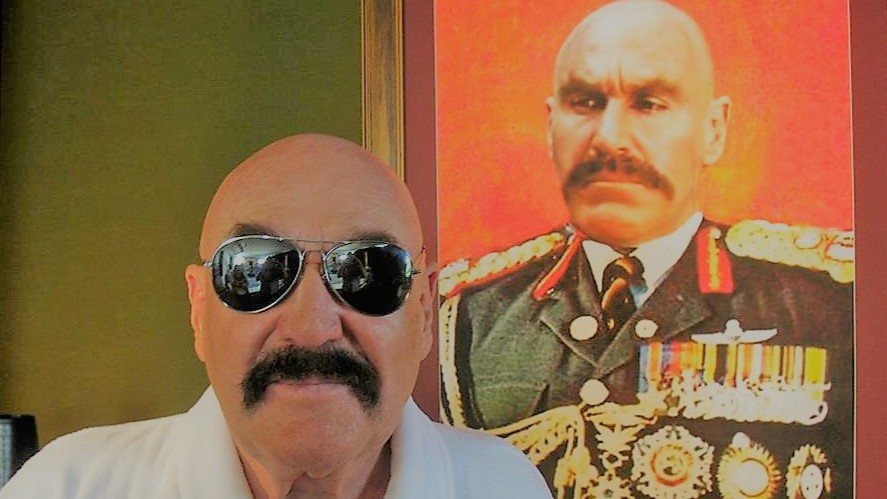
What actors do you long to work with?
RW: I have no desire to work with any particular actor, I find actors who have no profile whatsoever are sometimes the most exciting to work beside. And those with a massive reputation are total bores and egomaniacs. Although I would have loved to work with Anthony Quinn in his later years and with Lee Marvin during his wilder days.
Why this actor?
RW: Anthony, as he matured, played what he knew and felt. He thumbed his nose at convention and at his appearance and just went with the mood. It proved to be an exciting and watchable performance. He was one actor who improved over time. As for Lee Marvin, he was an untrained actor who had a wealth of life experience behind him and carried that knowledge into his performances. He was a man’s man who played that on screen.
What advice would you gice actors readinf your interview?
RW: Be dedicated, but not obsessed. I once said, if I could make more money driving a truck, I would drive a truck. Acting is not brain surgery, but it is a profession, a profession that is sometimes looked down upon. But all actors entering the profession seem to think it is a path lined with gold, it is not. There are wonderful moments when performing and there are some dreadful moments of self-doubt and depression when you are not. Know who you are, know your worth and do not sell yourself short.
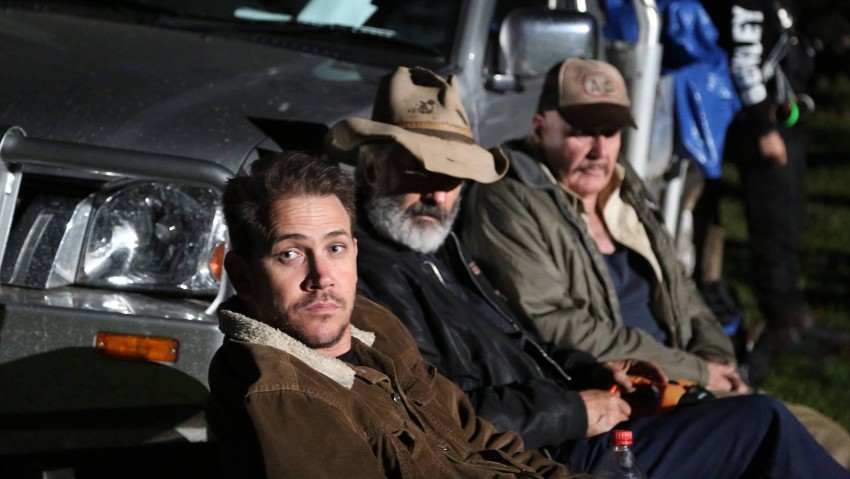
Briefly Write about your career?
RW: I am lucky to have started acting when I did. It gave me a great grounding in theatre without the shortcut of Television and film. I was then fortunate to have gone to Tahiti when I was just out of my teens and to meet and become friends with Marlon Brando, Trevor Howard, Richard Harris, Dewey Martin, Roger Vadim, all actors or directors who were there for their own reasons. I worked while there on television and films giving me an experience I would not have received in my own country.
When I returned to Australia with a novel I had written while in Tahiti I sold the film rights and was asked to write the screenplay. The film that resulted gained extreme publicity and put me on a platform as a writer-actor and from that I began to be offered film roles in films that went on to become classics. Stone, the biker film, Man From Hong Kong, Turkey Shoot, Mad Max, The Pirate Movie, The Irishman. Young Einstein and many many more, plus television shows and series.
Roger Ward (Fifi) on the Morning Show, August 5, 2011
Tell us what you think of the interview with Roger Ward. What do you think of it? What ideas did you get? Do you have any suggestions? Or did it help you? Let’s have your comments below and/or on Facebook or Instagram! Or join me on Twitter.
Follow Roger Ward on Social Media
Starnow
IMDb
LinkedIn
Wikipedia
MORE STORIES FOR YOU
How I Made My Film, ‘Fear, Love & Agoraphobia’ by Alexander D’Lerma
A Step by Step Filmmaking Process of Fear, Love & Agoraphobia
The Key Facts Behind How Jeff Nichols Made The Indie Hit MUD
Jeff Nichols gives himself directorial challenges to master on every project.

